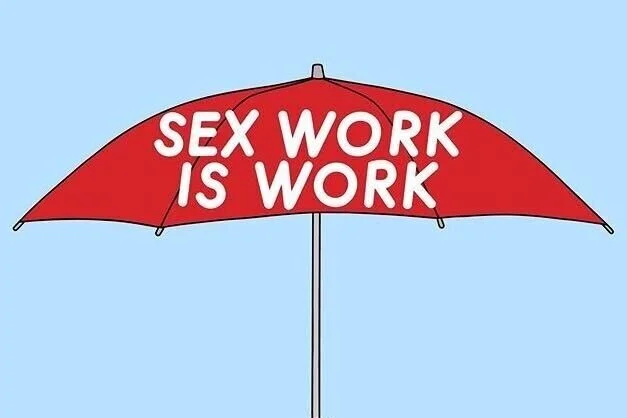Cindy Chen
When domestic violence is featured on the news, it is usually classified as a ‘domestic matter’, dismissed to the private, rather than public, sphere. With the Canadian government enacting Covid-19 stay-at-home orders, and as schools and workplaces close indefinitely, the safety of children and adults forced to stay indoors in abusive households are at risk.
Read More














